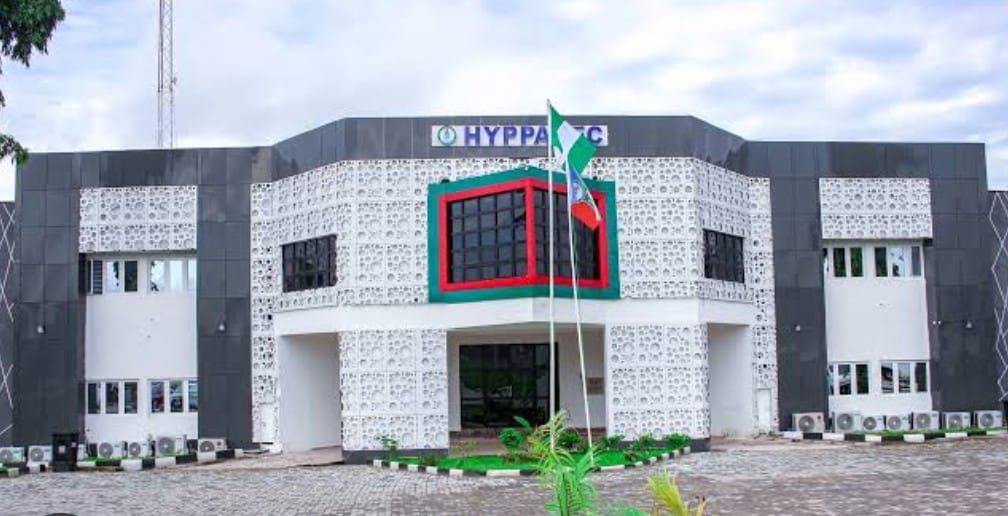As insecurity continues to threaten lives and livelihoods across Northern Nigeria, Islamic scholars are throwing their weight behind a non-kinetic strategy to combat banditry and kidnapping in the region.
The move follows fresh advocacy from the Senate Committee on National Security, led by its chairman, who stressed that military force alone cannot end the security crisis plaguing the North.
Speaking during an engagement with stakeholders, the committee emphasized the need to adopt alternative conflict-resolution models rooted in community dialogue, religious teachings, education, and economic empowerment.
The Islamic leaders in attendance echoed this sentiment, urging the government to prioritize long-term peacebuilding efforts and tackle the root causes of violent extremism—such as poverty, illiteracy, and social injustice.
The Senate committee pledged to work closely with religious leaders, local communities, and security agencies to implement a multi-pronged strategy that includes both kinetic and non-kinetic measures.
This growing call for a holistic approach to national security aligns with rising concerns over the limitations of military solutions and the urgent need to restore stability through inclusive, people-centered interventions.




